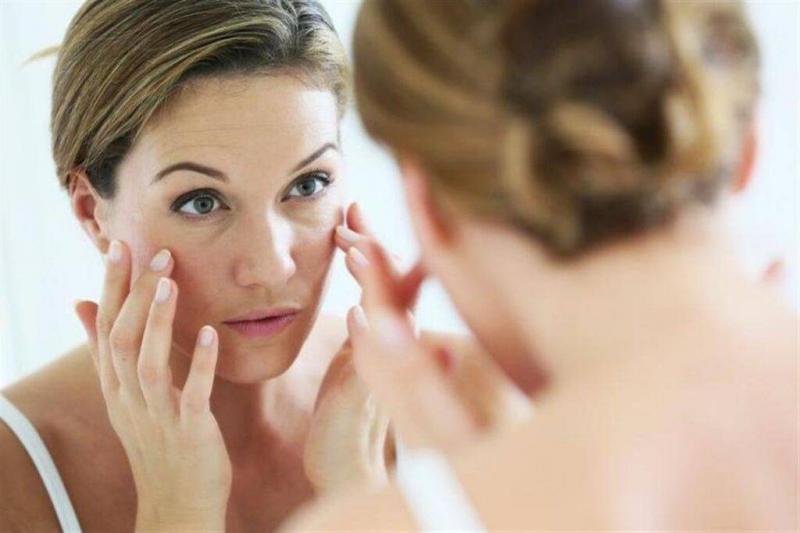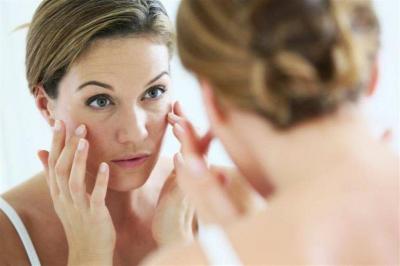Doctors and nutrition experts warn that shedding unwanted excess weight can indeed enhance your health and self-confidence, but it may also make you look older than your actual age. The loss of fat accelerates aging by emptying the cheek area and eye sockets, and it makes the jawline appear sharper and heavier.
In fact, it has long been believed that sagging skin results solely from the effects of aging, but researchers have now discovered that it is closely related to facial fat loss. The researchers involved in the study stated that this discovery could significantly improve facial cosmetic procedures, explaining why a large group of celebrities, like Simon Cowell, Renée Zellweger, and Celine Dion, seem to bypass decades and maintain a nearly youthful appearance. According to the study, the findings are based on data from middle-aged individuals who underwent head scans using computed tomography at two different times spaced at least a decade apart, where a reduction in facial fat of more than 12% was observed during this period, confirming that weight loss and body fat reduction lead to accelerated aging of the face and shedding new light on why many people, especially older adults, seek to rejuvenate themselves.
The lead author of the study, Dr. Aaron Morgan from the University of Wisconsin School of Medicine, stated, "We believe that loss of deeper facial fat, in particular, removes support from the fat above it, causing the nasolabial fold—extending from the nose to the mouth—to deepen. At the same time, loss of fat near the skin's surface makes the cheeks appear hollow, meaning the jawline may sag, leading to the appearance of wrinkles around the jaw area; this may also increase hollowness around the eye area."
Dr. Morgan added, "The upper part of the face has less fat than any other area of the body, so fat loss there is more pronounced. In contrast, the cheek or chin areas experience relatively little fat loss, so they appear fuller when changes happen in other parts of the midface."
### How Midface Fat Can Affect Your Appearance
According to the researchers, the 19 participants aged between 46 and 57 years in each survey had not undergone facelift procedures or any other cosmetic interventions. This allowed the researchers to accurately measure changes in fat deposits in the area between the eyes and mouth. Despite the varying results among individuals, it showed specific and measurable fat loss in the midface region.
The study published in the American Journal of Plastic and Reconstructive Surgery demonstrated that fat serves as scaffolding that effectively lifts the face, and techniques can be developed to replace or reposition midface fat in a more physiological manner through cosmetic medicine or increased intake of fats.
Dr. Morgan stated, "We believe that our findings will help plastic surgeons design more natural methods for facial rejuvenation, aiming to redistribute facial fat in younger patients, demonstrating that a depletion in volume, rather than just tissue laxity, occurs during aging."
### The Real Reason Behind Facial Aging is Fat Loss
The study concluded that the traditional theory stating that skin sagging is related to gravity and aging is not entirely accurate. While the idea that weak ligaments in the midface can result in soft tissue descent still holds, evidence suggests another direction. Dr. Morgan affirms, "The real reason behind facial aging may be fat loss, whether it occurs near the skin's surface or in deeper areas."
Therefore, instead of proceeding with a diet that may lead to significant fat loss, nutrition experts advise people to lose weight gradually, stating that it is better to consume ample amounts of omega-3 fatty acids, fruits, vegetables, and essential vitamins.




